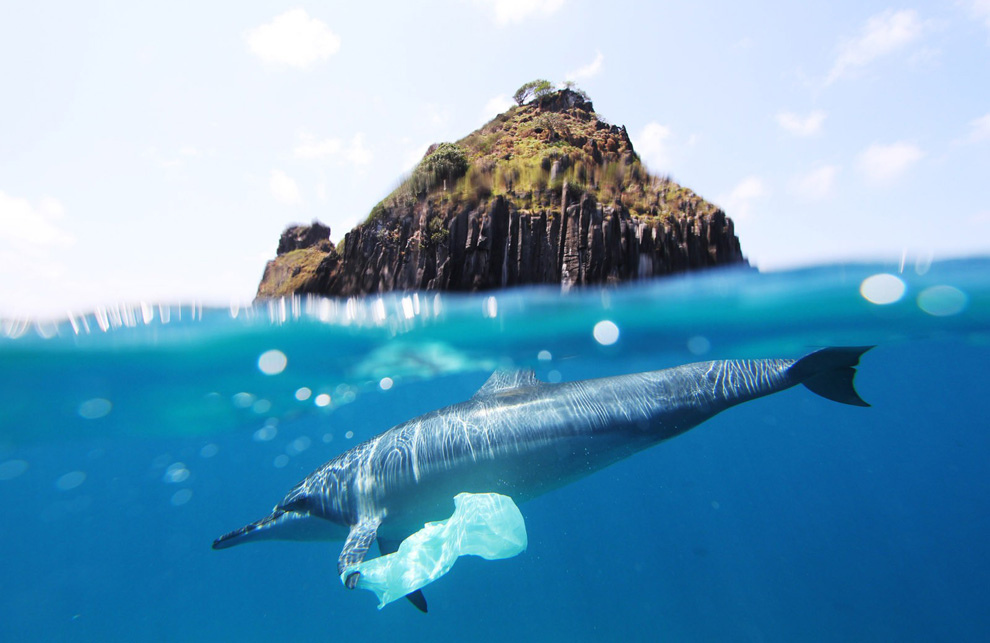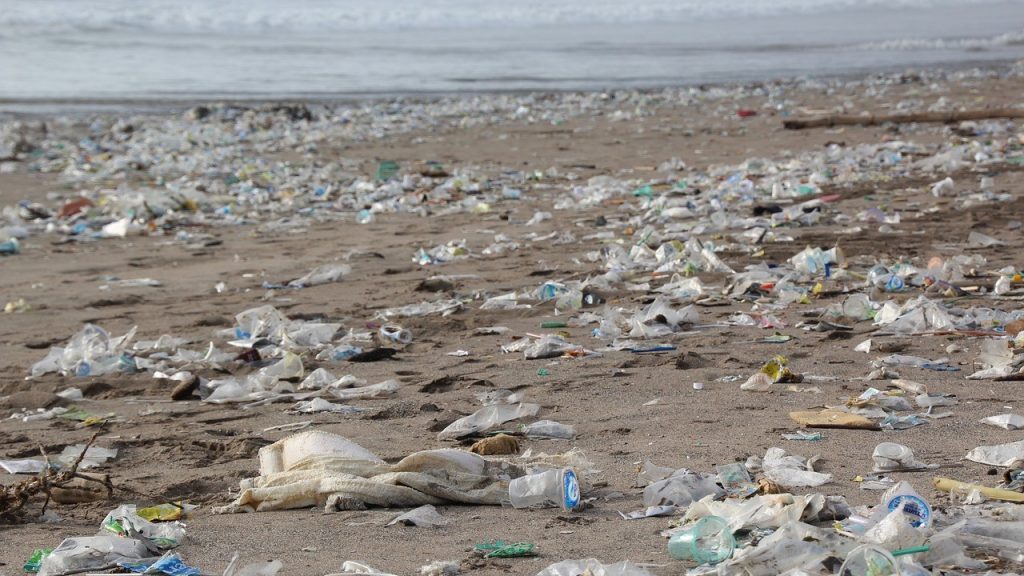Ocean plastic pollution is clear breach of international law, report finds

February 27th, 2018
The level of ocean plastic pollution seen across the world is a clear breach of international law, a new report on plastic waste has found.
This was the conclusions of a report about marine plastic pollution presented last week at the Ocean Plastics Crisis Summit in London.
Marine plastic pollution is already included in several international and regional agreements such as the United Nations Convention on the Law of the Sea (UNCLOS) and
Both agreements seek to reduce and control pollution of the sea and the marine environment from different sources. However, the report states that, while the law is clear, the same isn`t true for its enforcement.
Discussions regarding the fact that plastic pollution is illegal are rarely mentioned, according to the report`s author, environmental journalist Oliver Tickell.
“There are dozens of international laws, some applying globally, others to specific areas of sea and ocean that require nations to protect the oceans from pollution and protect marine wildlife.

dolphin plastic bag at fernando de noronha Photo: Jedimentat44
“Most of these refer specifically to pollution originating from land, to the problems of ‘marine debris’ and to waste plastic – and impose legally binding obligations on the states that have signed up to them. Sadly, very few states are in compliance with these obligations they have committed to,” he added.
Countries and companies which violate such laws can be taken to the International Court of Justice, but legal actions must be brought by nation states, according to Mr Tickell.
In the case of small islands impacted by the plastic pollution, Tickell explained that they might fear confrontation with larger and more powerful countries and regions responsible for the problem.
According to Mr Tickell, civil society has a fundamental part to play in ensuring that international laws are followed.
He added: “It’s up to civil society to hold our government to its promises and to demand greater ambition… No government likes to be told that its actions or inactions are breaking its solemn and legally binding obligations.”

Photo: hhach/Pixabay
A growing concern
According to the report, though a larger number of countries, businesses and NGOs are taking measures to reduce plastic pollution in the oceans, the situation is expected to get worse.
This is mainly because of the rising trend of plastic use, particularly by developing nations such as China, Indonesia, and India.
The report highlights that about 8 million tonnes of plastic waste reach the ocean every year. Those numbers are expected to double by 2030 and double once more by 2050.
Plastic causes significant ecological harm when dropped in the in the oceans. Discarded equipment can catch fishes, turtles, seabirds and other marine animals.
The ingestion of plastic by marine life can obstruct their digestive systems and decrease the nutritional value of their food. Plastic can also disrupt marine ecosystems and prevent the nesting of turtles.
[x_author title=”About the Author”]







